Apple has finally taken the use of its Apple Music service to the next level. However, the word "finally" has meaning only for those who are able to hear the difference in the form of lossless listening. Nevertheless, Apple pleased both camps of listeners – both hobbyists with Dolby Atmos and the most demanding with lossless listening. All users can really tell the difference when listening to surround sound. They will be completely surrounded by music, which they will undoubtedly like. However, the situation is different with lossless listening. In the early days of digital music, the difference between lossless music and low-resolution MP3 recordings was dramatic. Anyone with at least half functioning hearing heard him. After all, you can see how their 96 kbps quality sounded to obey even today.
It could be interest you
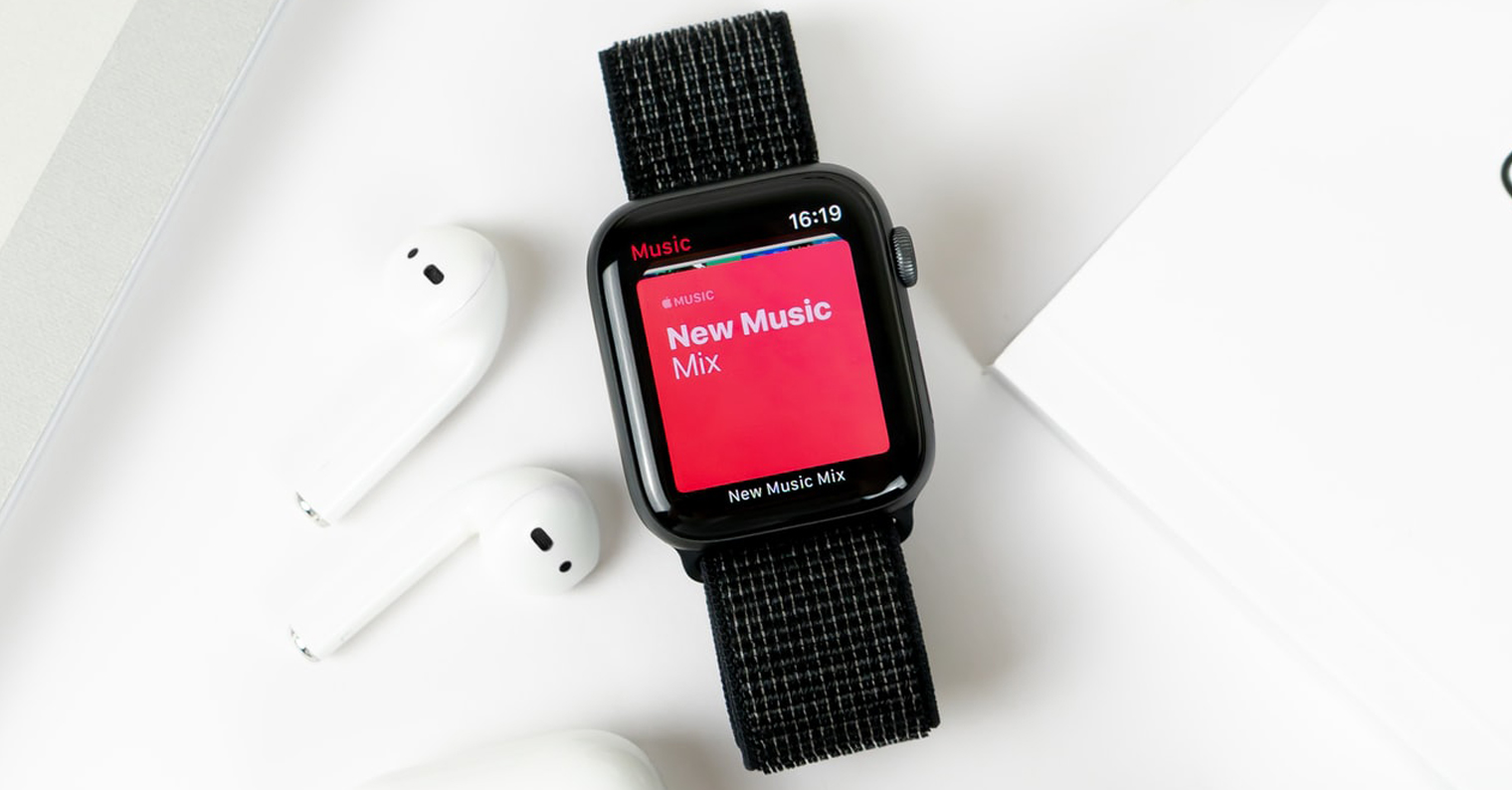
Since then, however, we have come a long way. Apple Music streams its content in AAC (Advanced Audio Coding) format at 256 kbps. This format is already of high quality and is clearly recognizable from the original MP3s. AAC compresses music in two ways, neither of which should be clear to the listener. So it eliminates redundant data and at the same time those that are unique, but in the end do not affect the way we hear music.
However, this is where the so-called "audiophiles" come into play. These are demanding listeners, typically with a perfect ear for music, who will recognize that the composition has been trimmed of some details. They also ignore the stream and listen to music in ALAC or FLAC for the best possible digital listening experience. However, whether you, as mere mortals, can tell the difference in lossless music depends on several factors.
It could be interest you
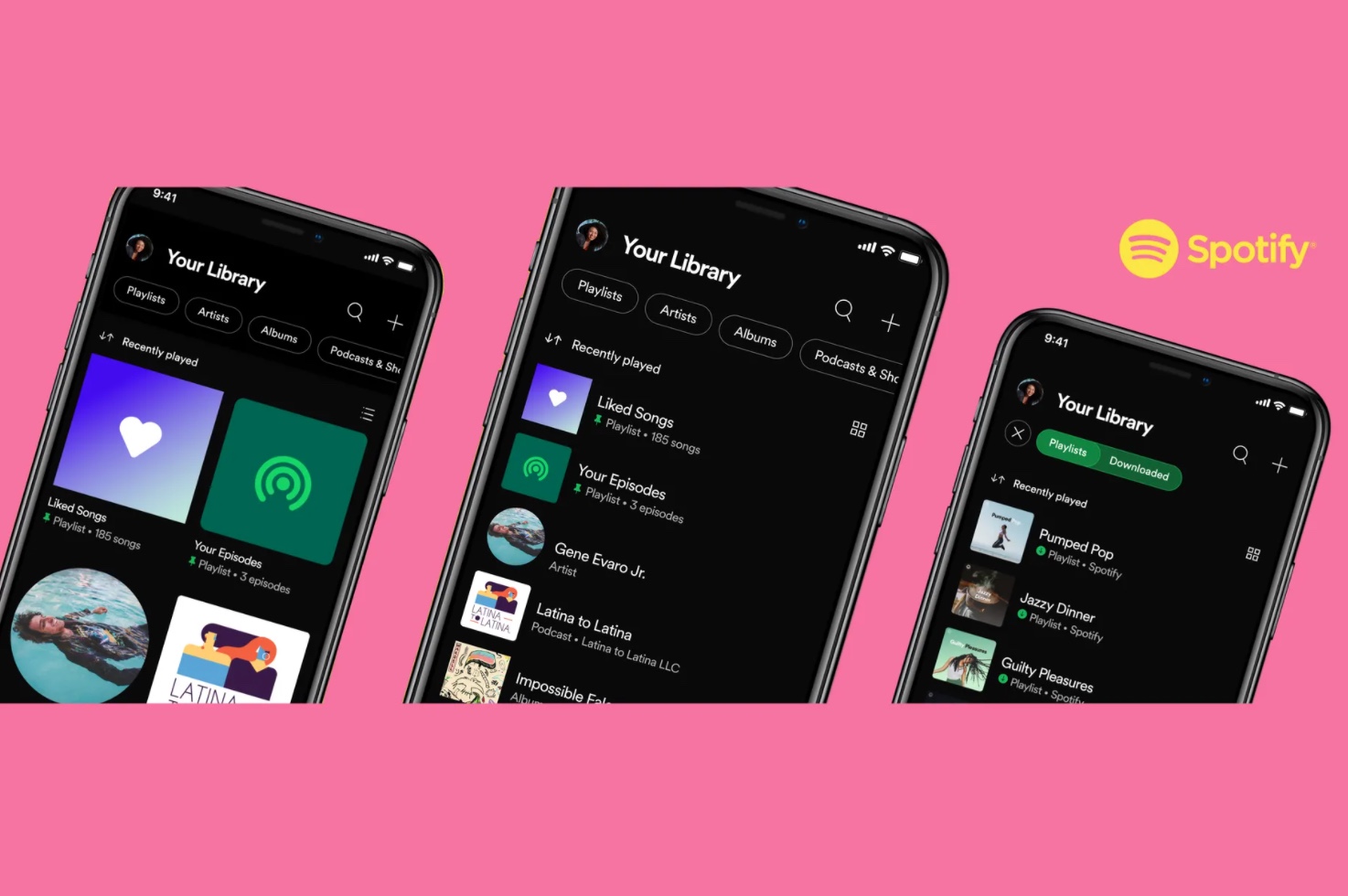
Hearing
It should be stated right away that the vast majority of the population simply will not hear the difference, because their hearing is not capable of it. If you want to know exactly what your case is, there is nothing easier than getting your hearing tested. You can do so from the comfort of your home with a test from of ABX. However, it goes without saying that you will need to set aside some time for this, as such a test usually takes half an hour.
Bluetooth
Do you listen to music via Bluetooth? This technology does not have enough bandwidth for true lossless audio. Even Apple itself states that without an external DAC (digital to analog converter) connected to the device with a cable, you cannot achieve the best possible Hi-Resolution Lossless listening (24-bit/192 kHz) on Apple products. So if you are limited by wireless technology, even in this case lossless listening does not make sense for you.
Audio kit
We have therefore eliminated all AirPods, including those with the Max nickname, which transfer music even after connecting via a Lightning cable, which inevitably results in some losses. If you have regular "consumer" speakers, even those can't reach the potential of lossless listening. Of course, everything depends on the price and thus the quality of the system.
How, when and where you listen to music
If you have an Apple device that supports the lossless format, listen to music through really good quality wired headphones in a quiet room and have good hearing, you will know the difference. You can also recognize it on the appropriate Hi-Fi system in a listening room. In any activity, when not concentrating on the music, and if you only play it as a background, this listening quality does not make sense for you, even if you fulfill all of the above.
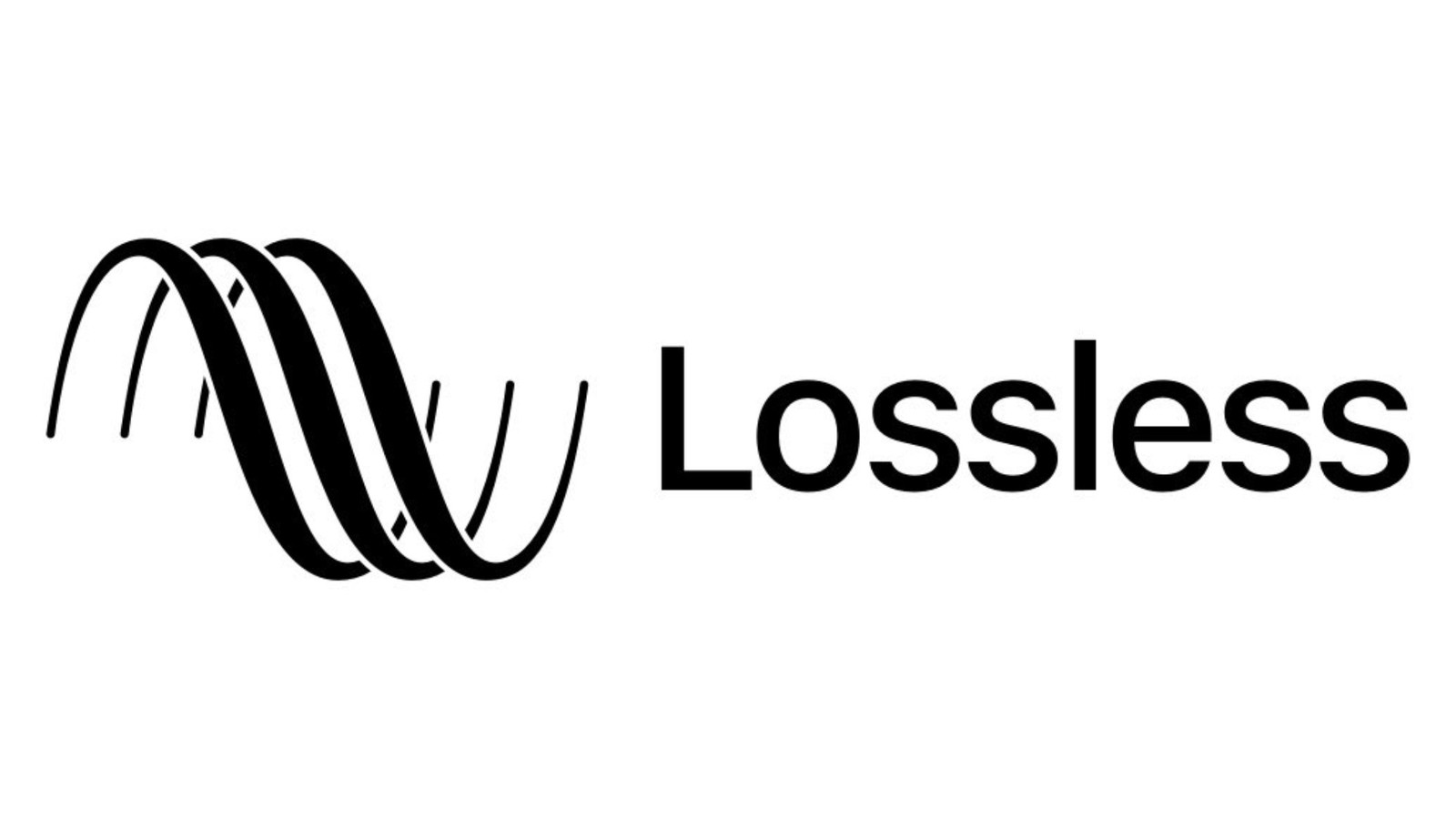
So does it make sense?
For the majority of the planet's inhabitants, lossless listening simply has no benefit whatsoever. But nothing prevents you from looking at music differently - just equip yourself with the appropriate technology and you can immediately start enjoying music in perfect quality, when you really perceive every note (if you hear it). The great news is that you don't have to pay a penny for all this with Apple. However, it makes sense in the streaming market. Apple will now satisfy all the desires of any listener and at the same time can say that it gives them a choice. All of this may be a small step for listeners, but a giant leap for streaming services. Even though Apple is not the first to offer such listening quality.
It could be interest you
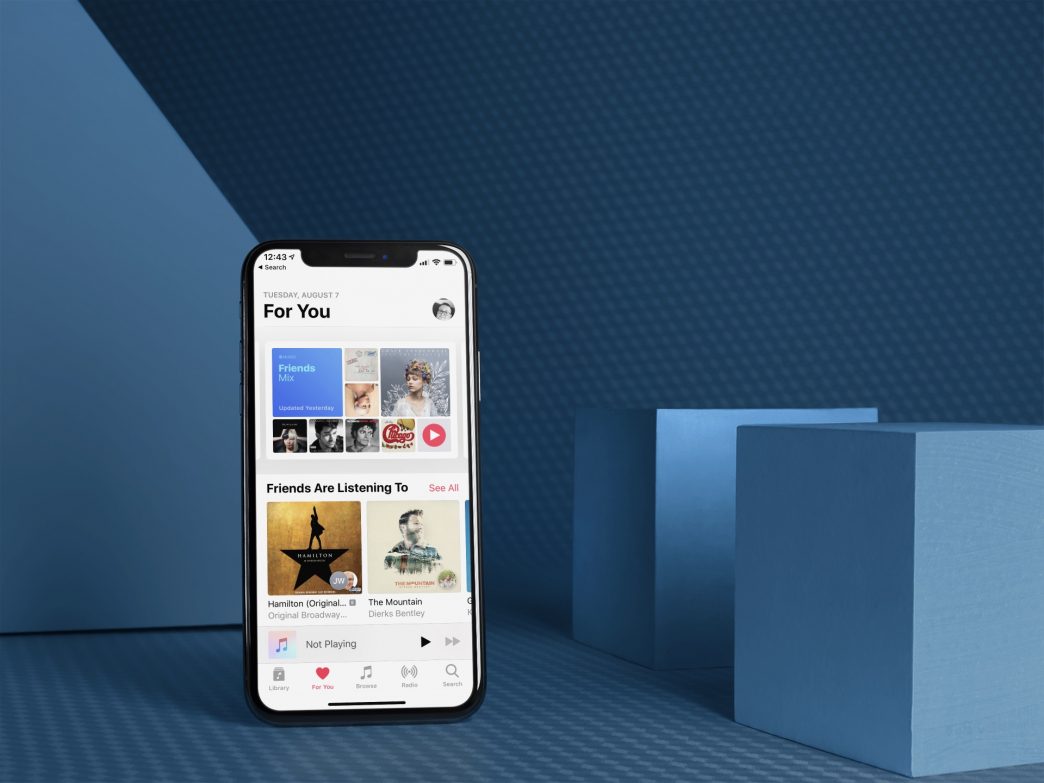
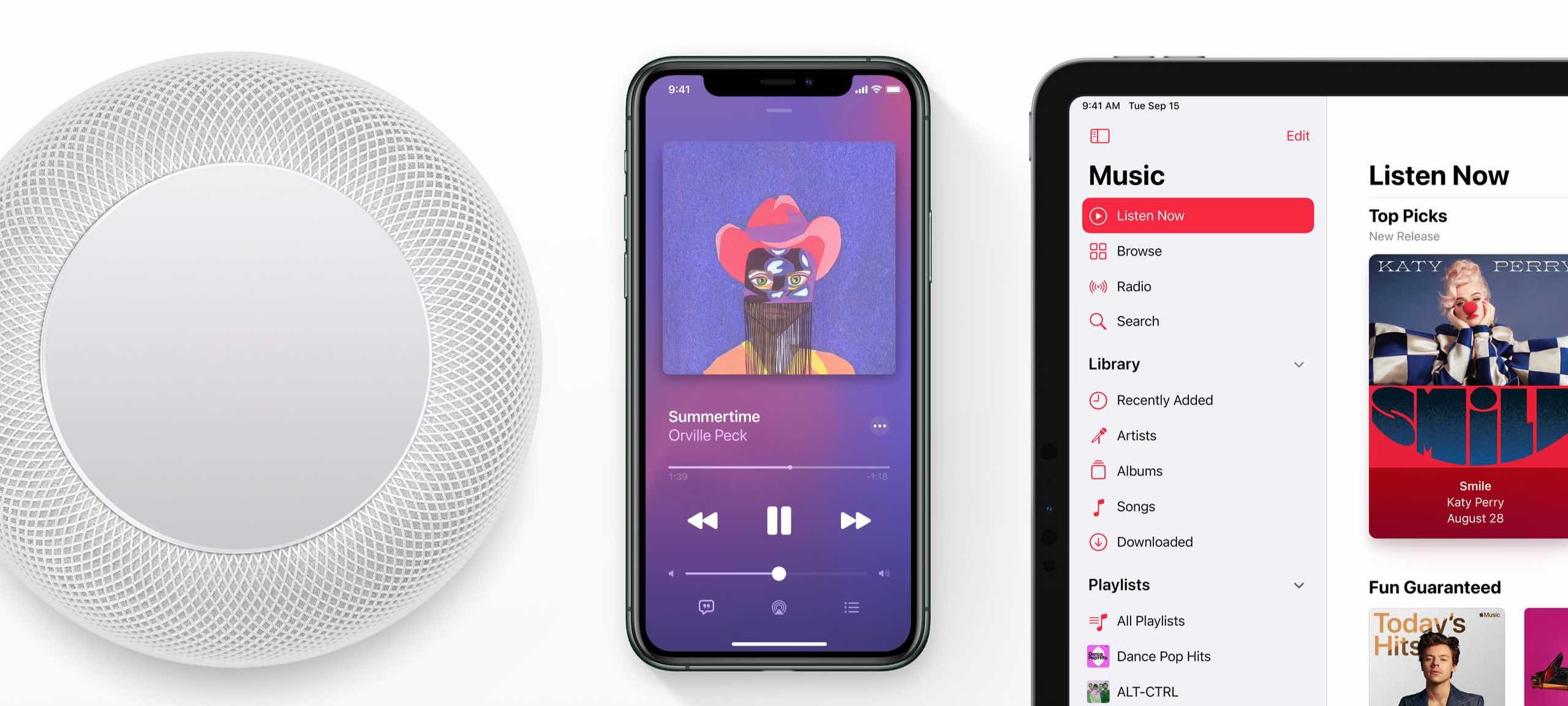
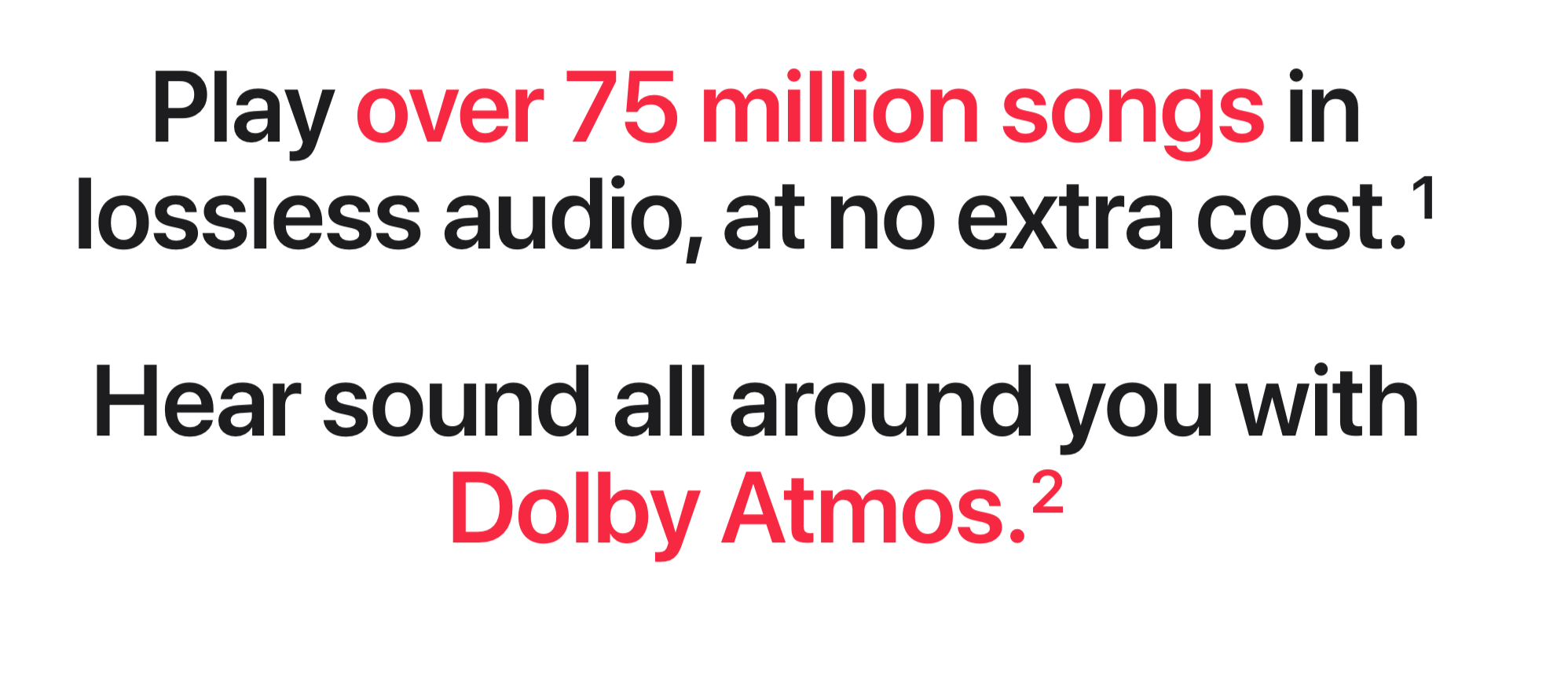
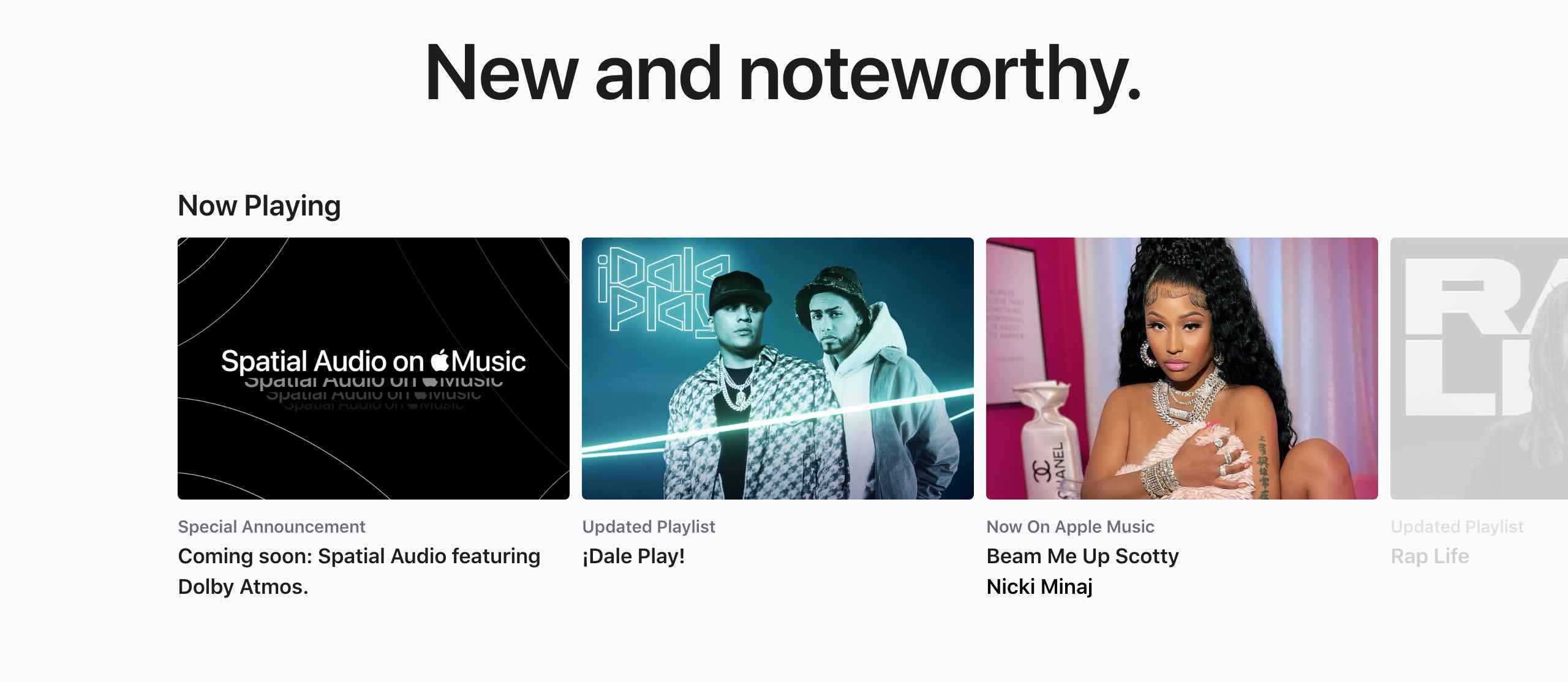

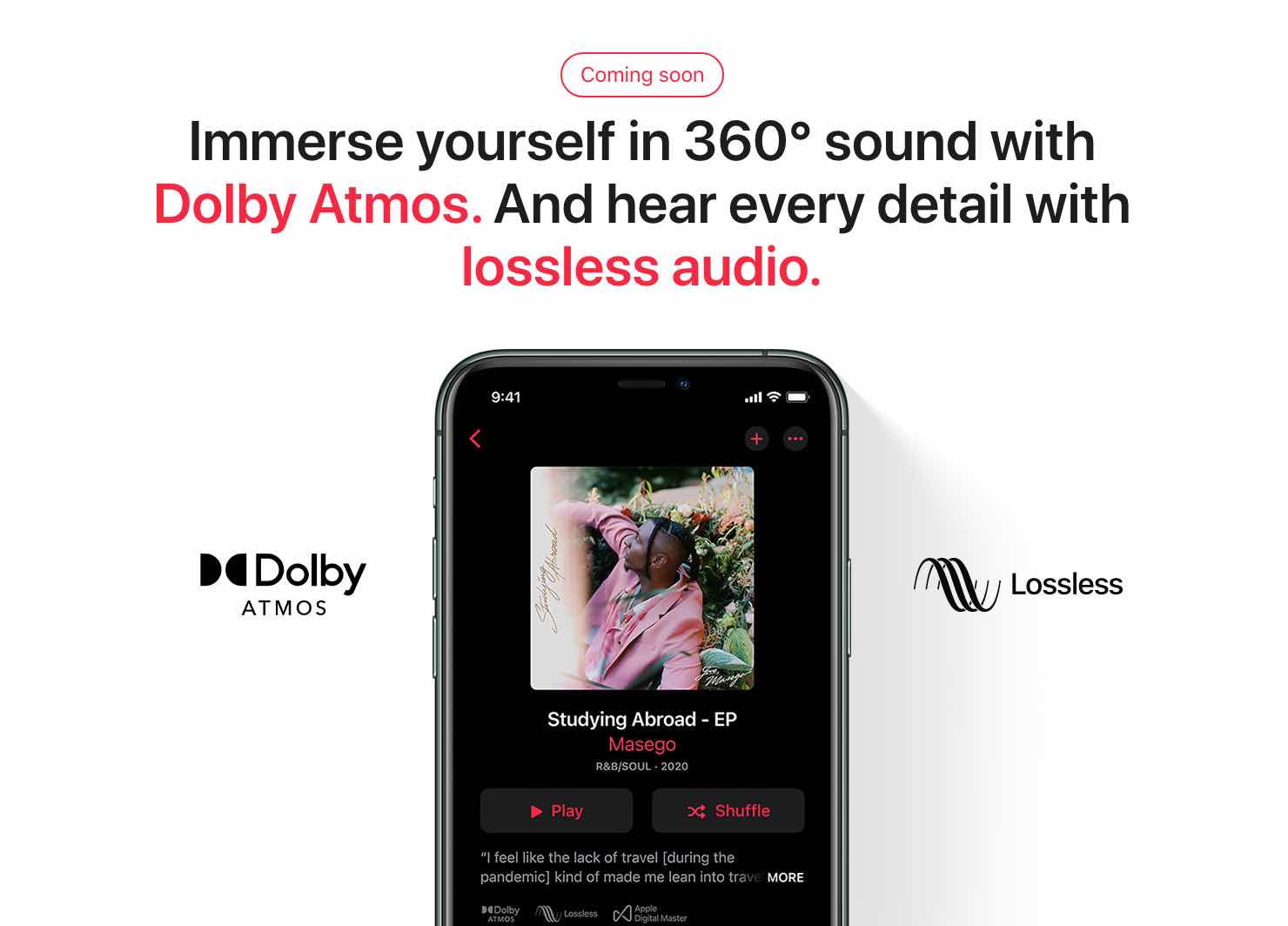
 Adam Kos
Adam Kos 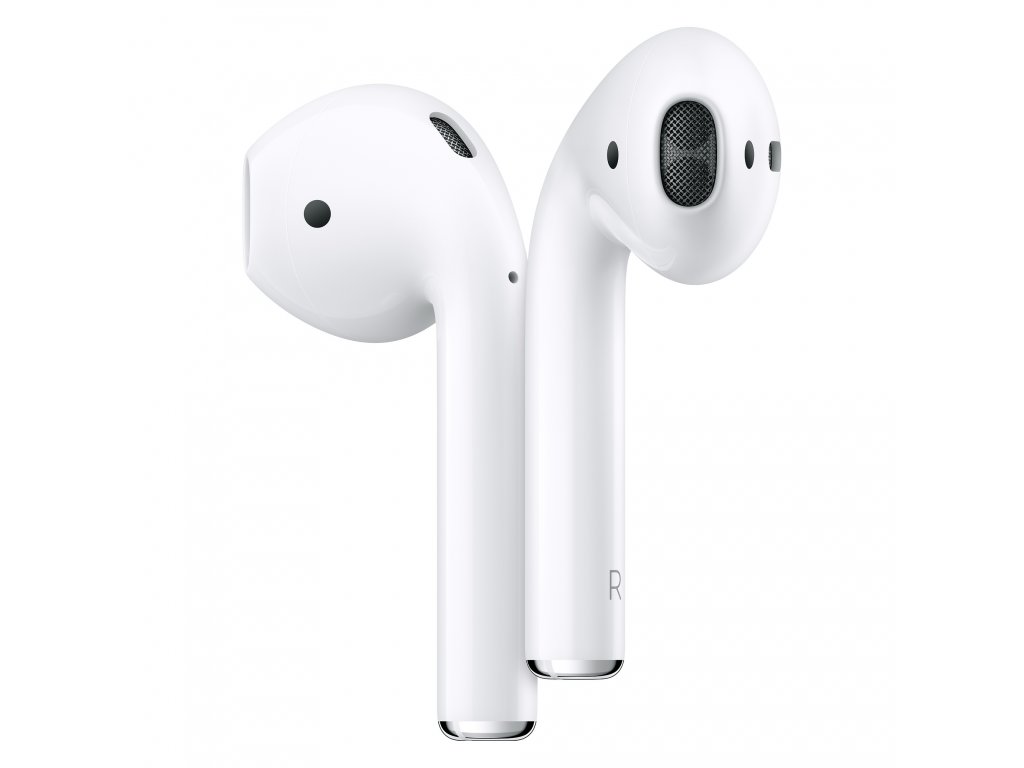
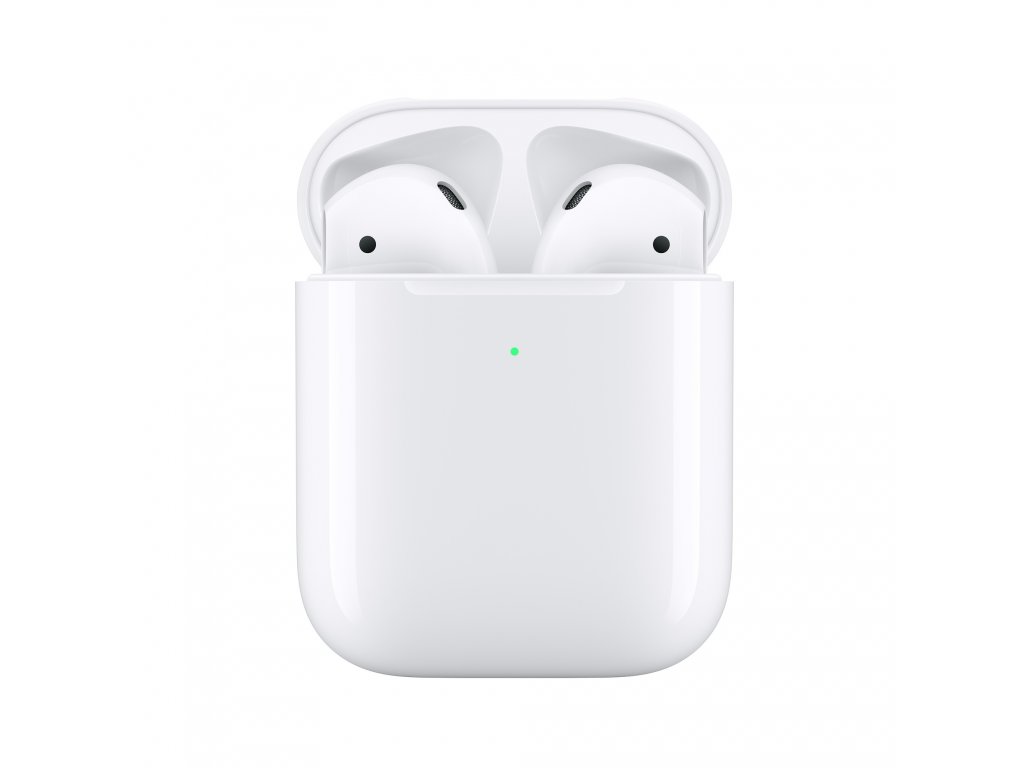
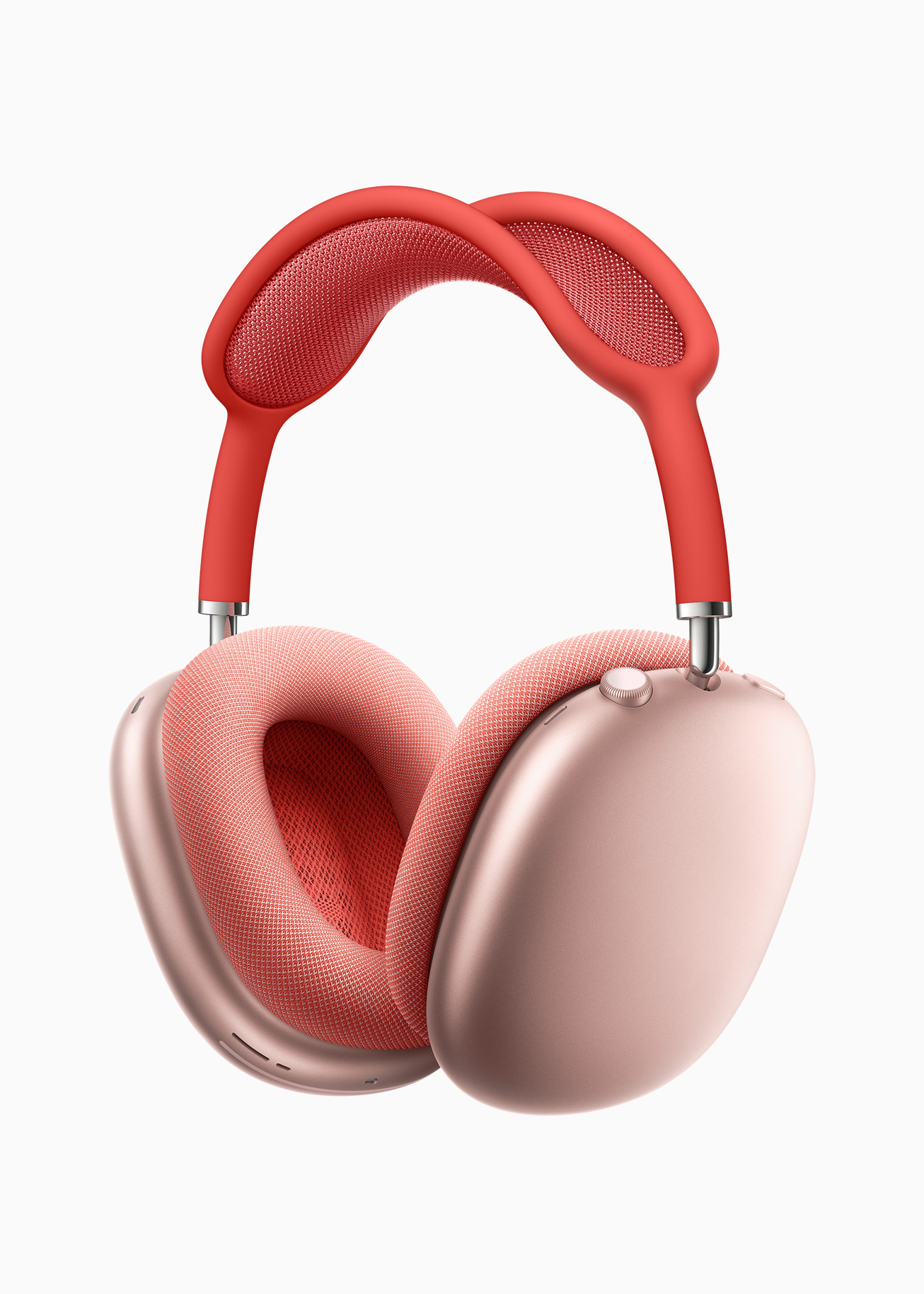

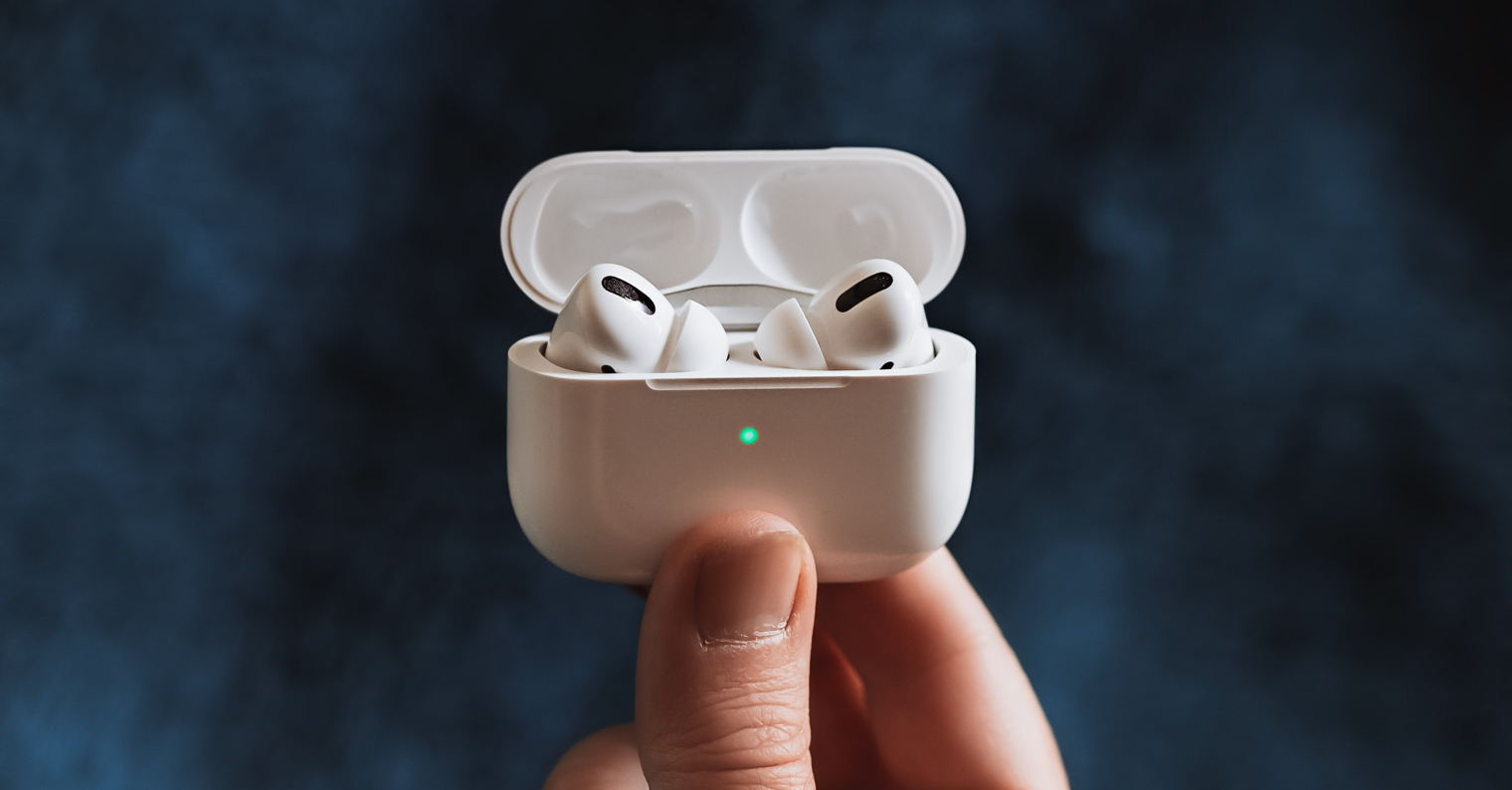
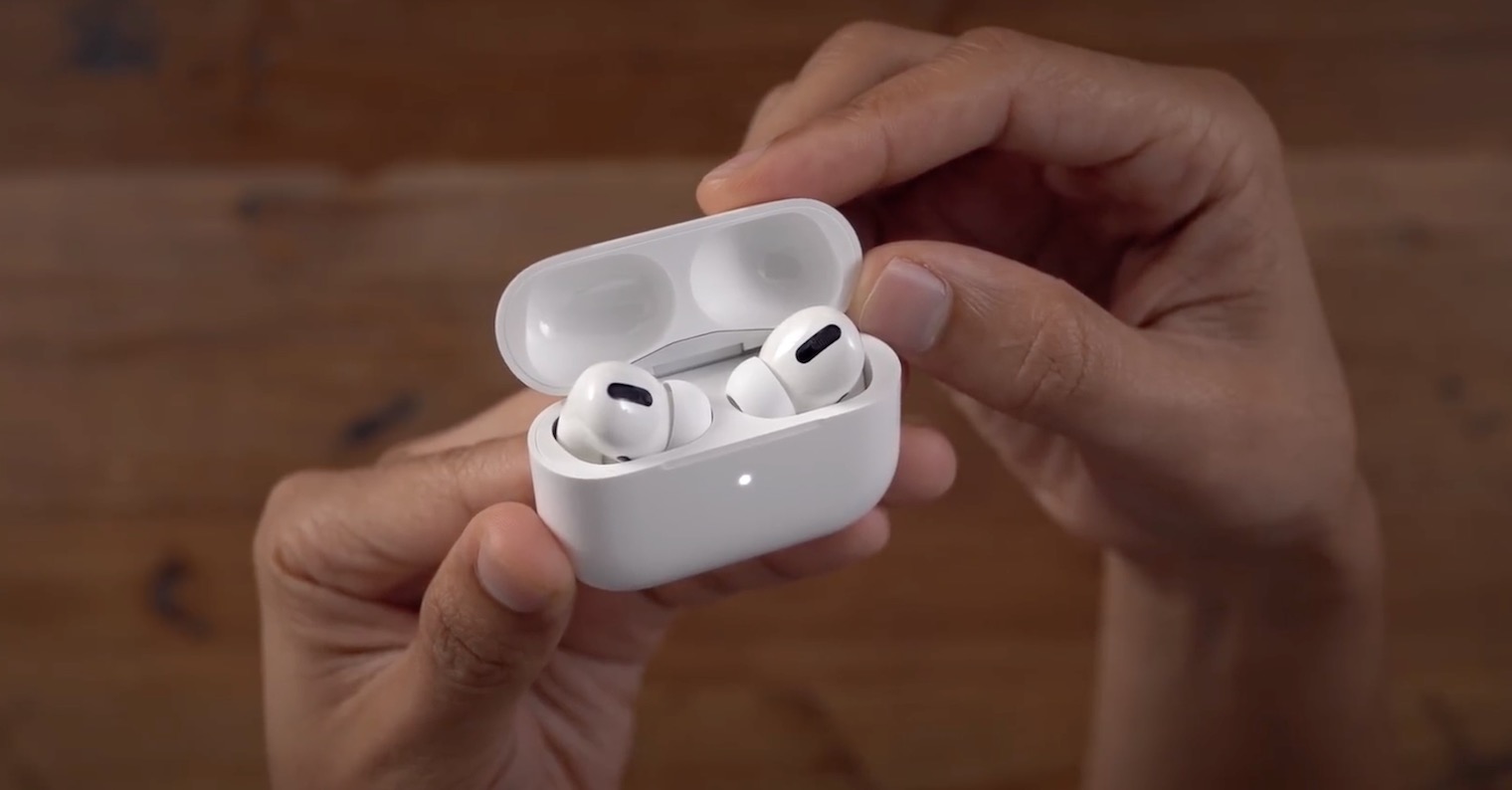
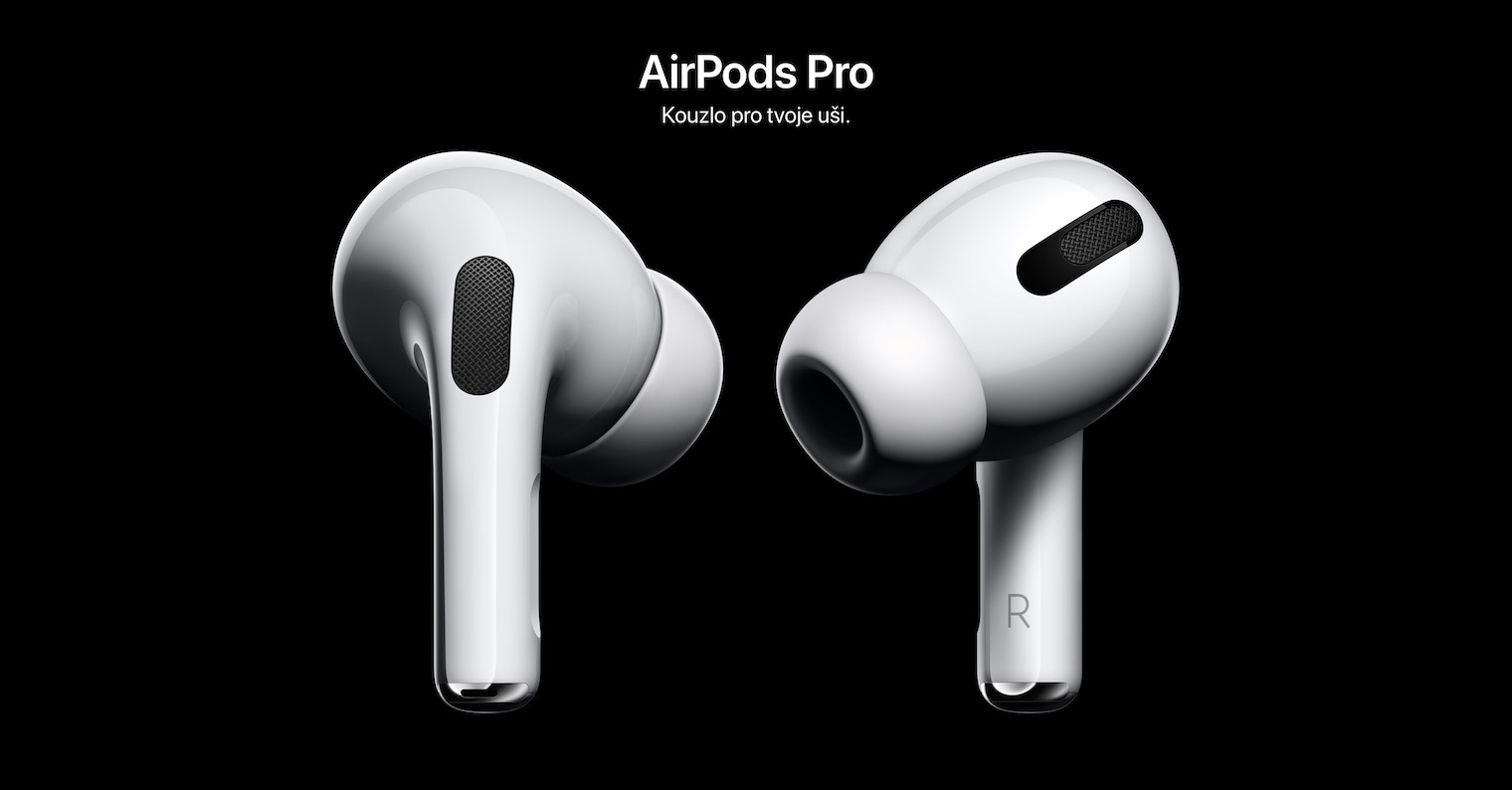
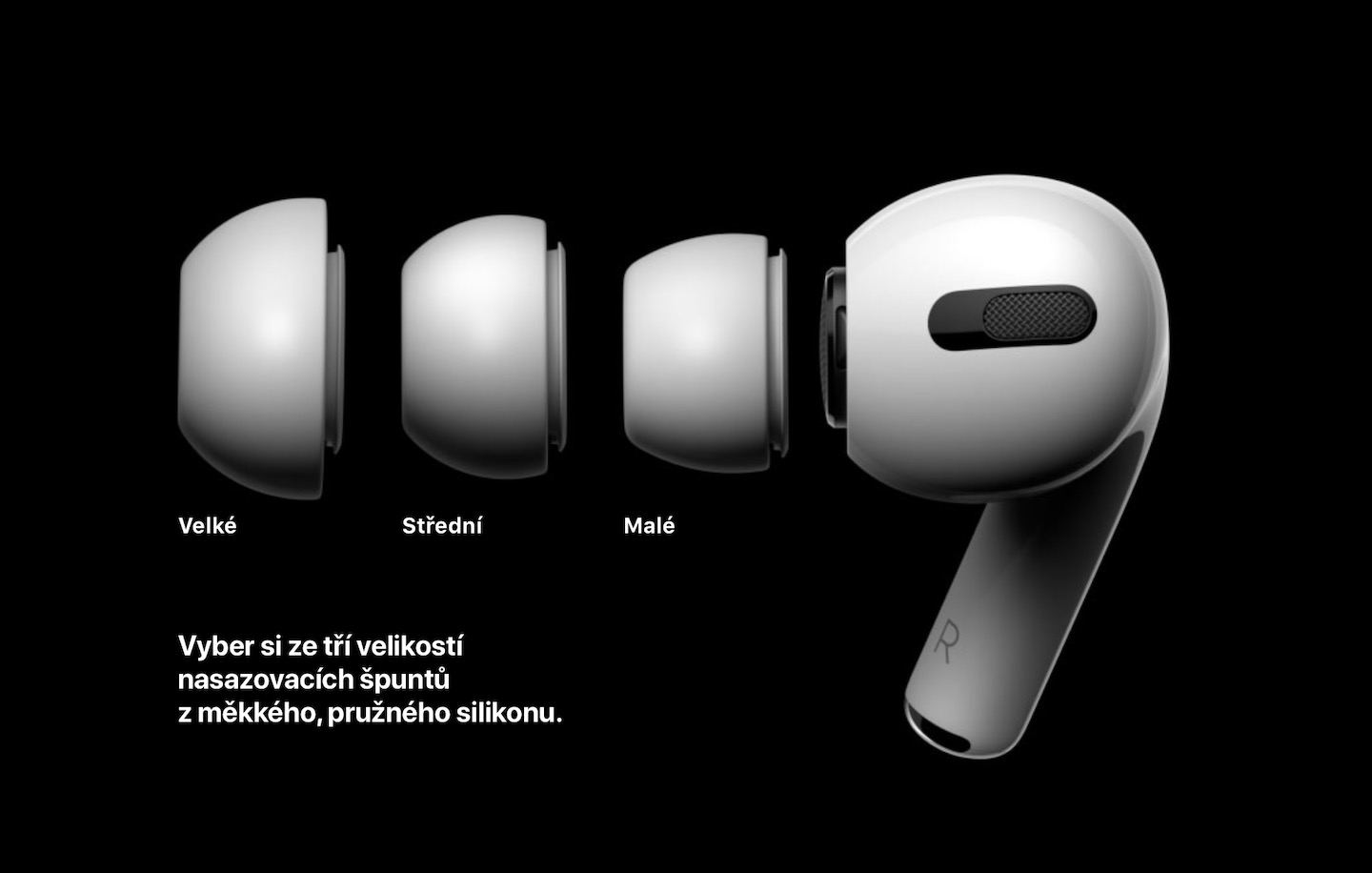
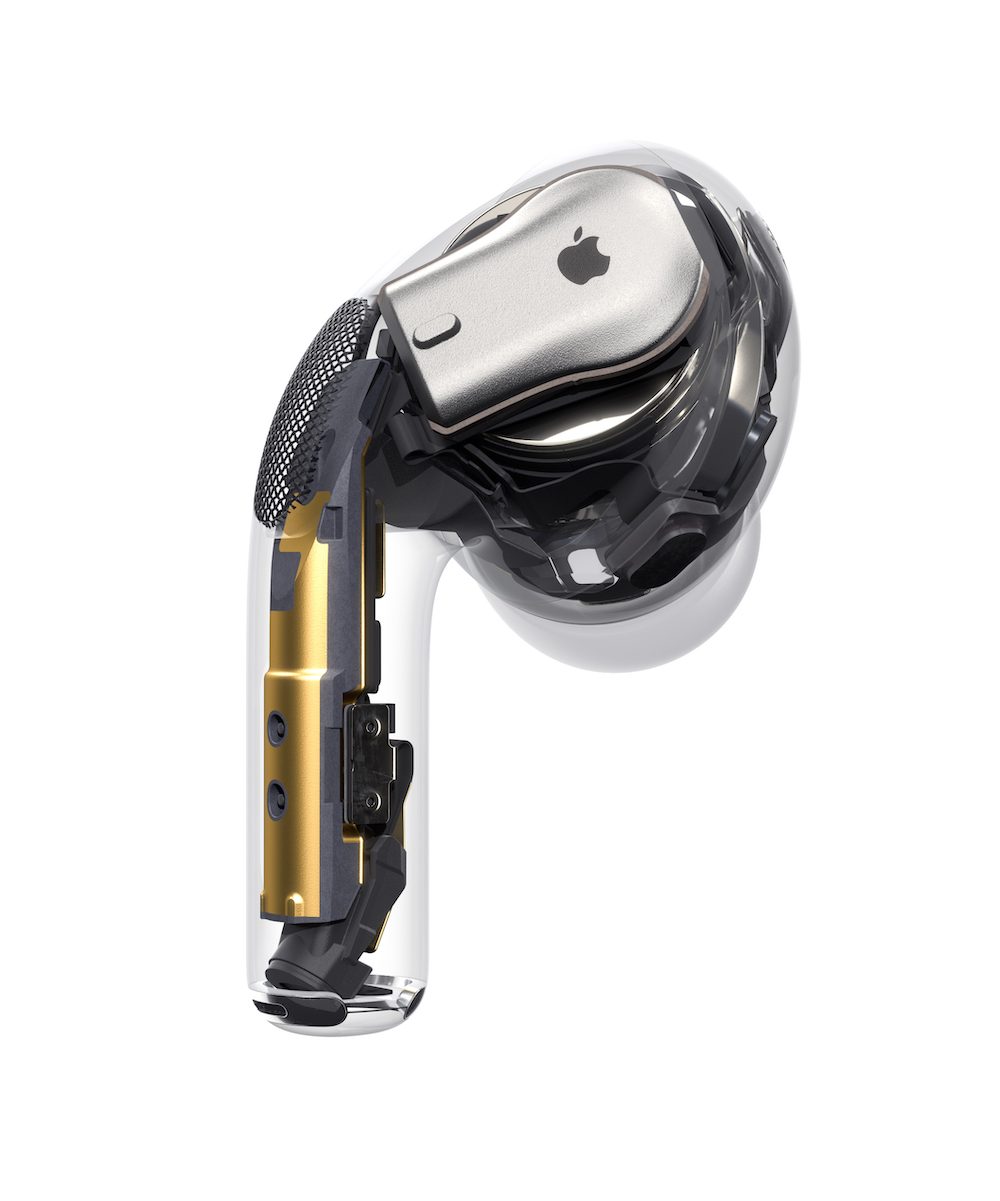
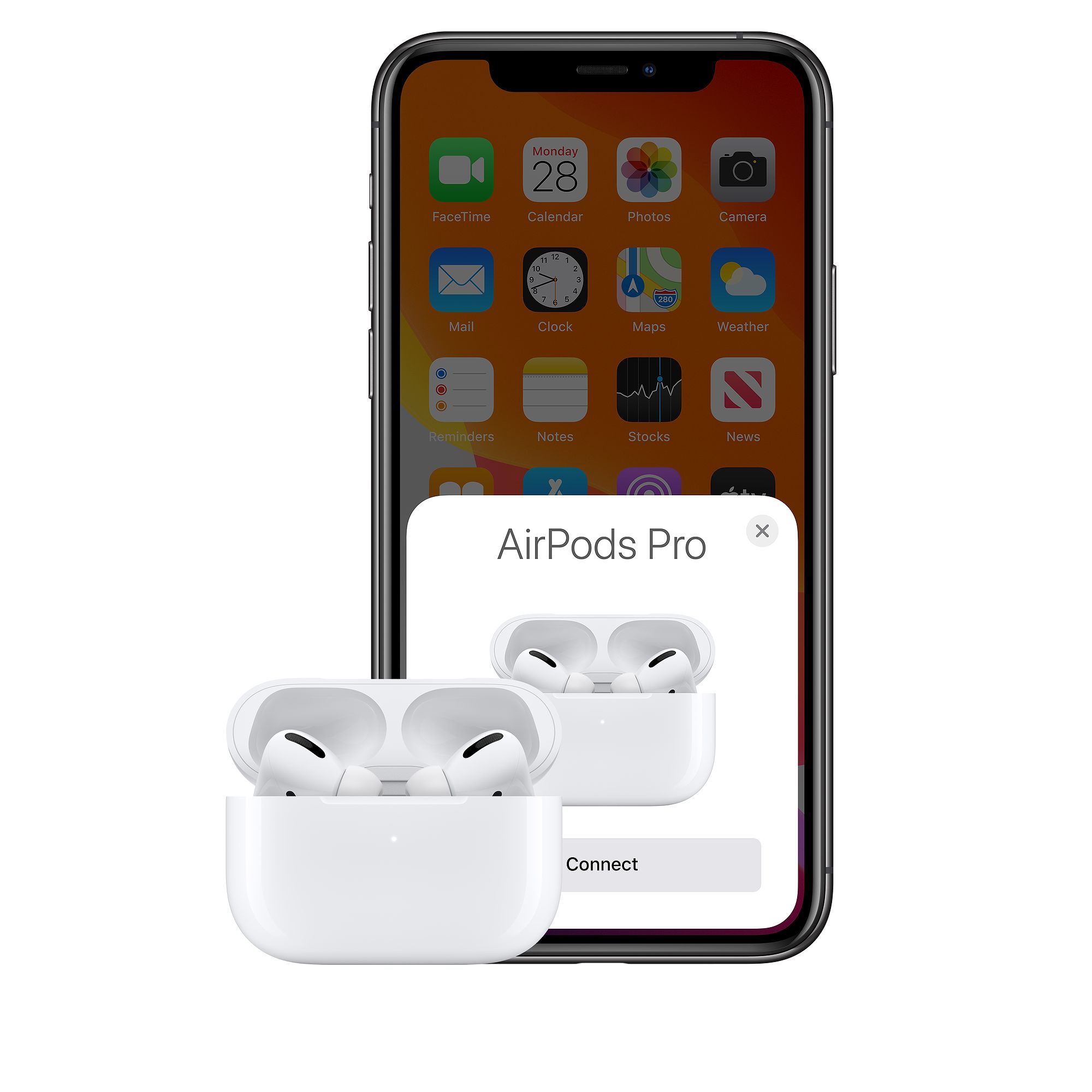
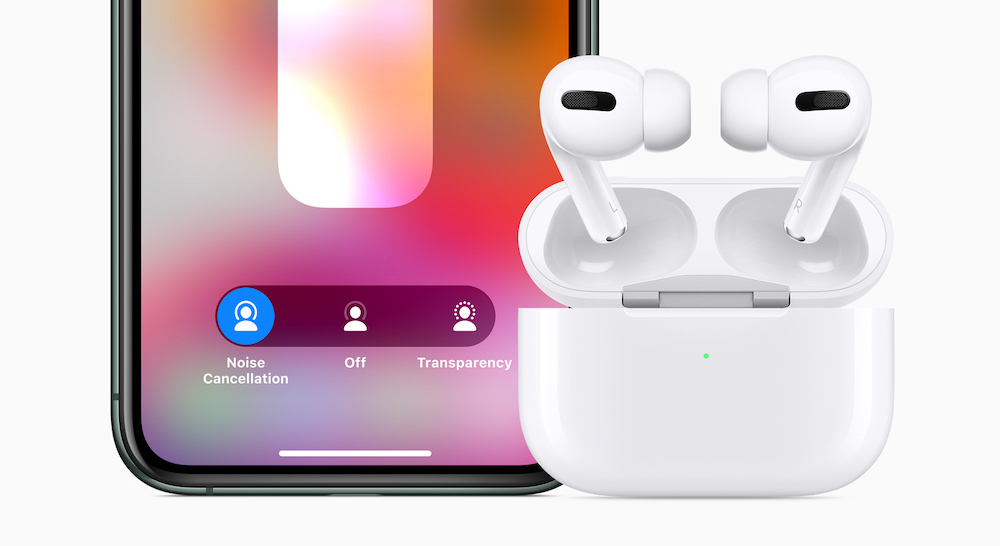
God, this is bullshit, really :( I listen to music from Apple Music in 3 places and in EACH of them I can hear a noticeable difference in the vibrancy, depth and rendering of bass and treble: 1) in the car, where I have an iPhone connected by a cable and I own an on-board hi-fi The DAC sends music to high-quality amplifiers and a speaker, here the flatness of compressed AAC can be heard even by a musical illiterate, 2) in the living room, where the Apple TV feeds a high-quality receiver with good speakers via HDMI, here you can hear a hell of a lot of difference, especially at higher volumes, 3) in bed through an external DAC (Fiio) with quality. headphones, here we don't have to talk about the sensitivity of the improvement at all. Everywhere around here I've been forced to use a Tidal subscription in order to properly enjoy the music when I get to it…
Complete agreement.
Thanks for the tips! I just want to ask you, in order to have the highest quality, I have to run it from the TV to the DAC and from there via a wire to the boxes or a wire to the headphones. Otherwise, to Filia via Bluetooth and then to headphones, so it will be max lossless.
Hello,
take the test, then write how you did.
https://www.npr.org/sections/therecord/2015/06/02/411473508/how-well-can-you-hear-audio-quality
You got 4 out of 6 correct!
Bluetooth speakers are wonderfully portable, and the sound of transmission itself has improved over the last few years. But there are two major issues: Your music is being compressed again in order to transmit it from your device to your speakers or headphones and most bluetooth speakers include a single speaker or are small enough that they basically eliminate stereophonic sound. Even in the age of the cloud, wires still sound better.
So you said that the music always plays differently from three different speakers... Bingo! And how does it relate to the article?
God, that's bullshit. The difference between Lossless and AAC 256 in a blind test cannot even be recognized with two-thirds accuracy, even by a person with an absolute ear for music.